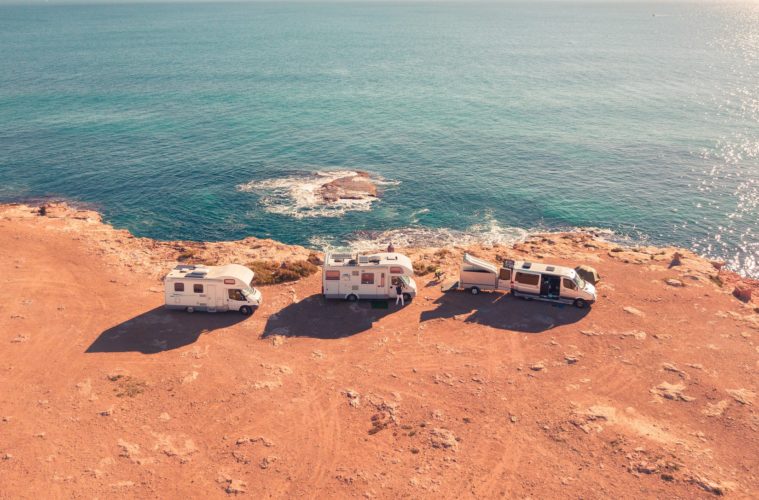Are you planning on joining the RV craze this summer? Our RV travel planner has you covered, providing you with professional guidance on everything from packing to driving an RV. The concept of travelling from one place to another by car or truck is experiencing a renaissance, and recreational vehicles (RVs) are at the forefront of this trend. The planning process for a good RV road trip does not have to be difficult, regardless of whether you own or rent an RV compare motorhome insurance from.
Outline a Flexible Budget
Putting the finishing touches on your budget before determining whether or not each component of your planned RV road trip is within your financial means is analogous to adding sugar to your tea before determining how delicious it already is.
To begin, decide on a figure that is malleable and will provide you some wiggle room on both the high and low ends of your expected budget. Then, begin your budget by working backwards.
RV Rental
If you don’t already have a recreational vehicle, the most expensive part of your trip will be renting a motorhome or trailer. Because you won’t need to pay for a hotel or a vehicle rental when you travel with an RV, we suggest allocating around half of your starting funds to cover the cost of the RV rental.
The cost of renting an RV shifts based on the kind of RV, how old it is, and how long it is rented for. Keep in mind that there are reductions available for rentals of a weekly or monthly duration.
Toy haulers, fold-outs, fifth-wheelers, and everything in between are all types of camping trailers. One disadvantage of using a camping trailer on an RV vacation is that you will need to always be driving with the trailer attached to your vehicle. But what’s the end result?
You are free to abandon the mothertrucker whenever you choose! If you are travelling in a 4×4, you will appreciate this amenity even more. You are free to leave the trailer set up at camp while you go out and conduct as much or as little adventuring as you choose before returning to your temporary home.
Class B Motorhomes and Campervans
Ignoring the semantics for a moment, these are vans; in other words, you are living the van life! The van life is incredible, and never stop raving about it to everyone who would listen.(Relatively) small in size, simple in operation, cost effective, and the greatest companion for a nomad. Although a van may take you to many locations that a bigger RV cannot, they are typically only designed to accommodate two people (or three contingent on your feelings of being farted on while asleep). Families will be need to search in other places and compare motorhome insurance from.
Class C and Class A Motorhomes are the recreational vehicles (RVs) that have been the subject of a great deal of discussion among snowbirds and grey nomads. These are, in every sense of the phrase, homes on wheels; they are plush, capacious, and loaded with all the delicious amenities.
Class A motorhomes are ridiculous; the term “house-bus” is far more suited to describe these vehicles. On the other hand, the vans, trucks, and vehicles that have been converted into residences that you see are known as Class Cs. These recreational vehicles get poor gas mileage and are costly to repair.
Which Recreational Vehicle is Best for You?
It is entirely up to you to decide how much money you want to spend, what kind of trip you want to take, and how many people will be in your group. When compared to a rucksack, a pair of hiking boots, and a thumb, a vehicle represents a significant improvement. However, you should never undervalue the amount of independence that a van may provide.
A boat with a length of 21 feet is the alternative suggestion. To clarify, this refers to a motorhome of the Class C kind that is between 19 and 21 feet in length. An RV of that calibre has more than enough capacity for most demands associated with travelling in an RV, with the exception of a huge bathroom.

